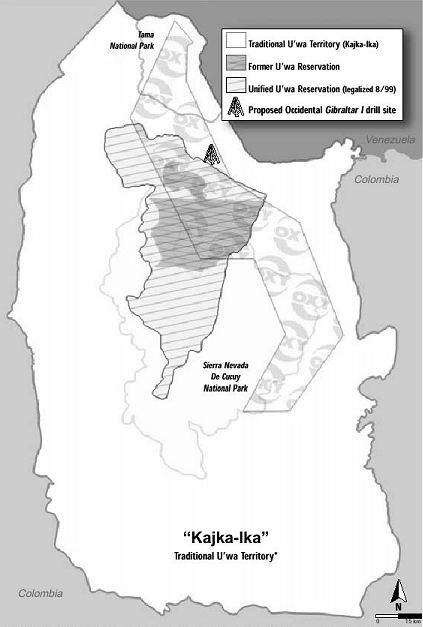
POZ
Thousands of Colombians took to the streets July 6 to protest the mounting wave of assassinations of social leaders in the country. The protests and vigils were largely ignored by the country’s political leaders, who have come under international pressure for their failure to respond to the wholesale killing that has claimed the lives of 311 community leaders since 2016. Days after the mobilization, the Inter-American Commission of Human Rights issued yet another call for the Colombian government to take urgent measures to call a halt to the ongoing attacks. Opposition leaders charge that the assassinations are a "systematic" campaign, and that authorities must break up resurgent paramilitary networks rather than just arresting individual sicarios (assassins). (Photo via Contagio Radio)






